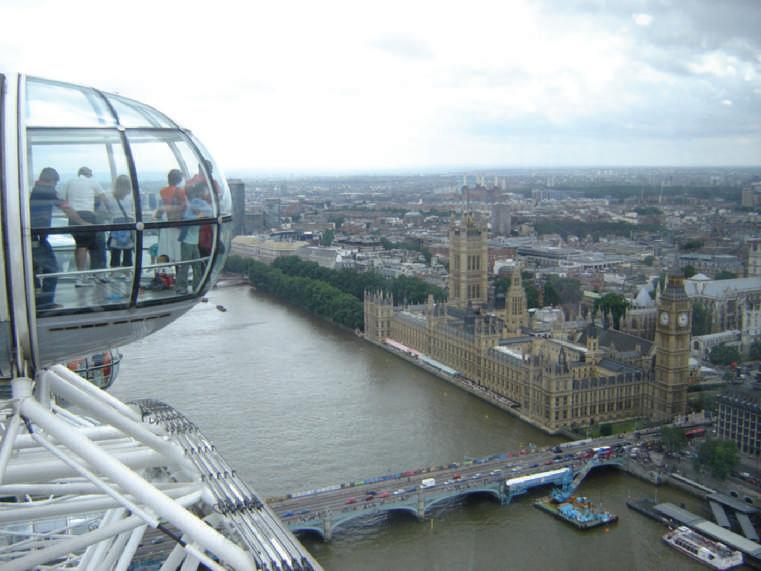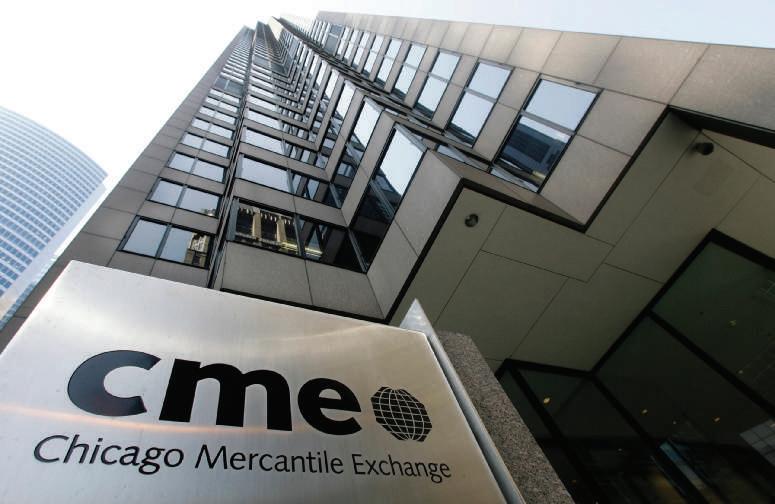
2 minute read
12-4c Publicity
Auto racing sponsorships are common in the United States, Europe, and Asia.
ciapix/Shutterstock.com
Advertisement
of exhibit space. The largest and most well-known trade show in the world annually occurs in Hannover, Germany. However, not all trade shows require huge amounts of space and are not dominated by large companies.
Companies that exhibit their products at trade shows overseas enjoy several benefits. Products are available for visual inspection and trial by foreign companies that may be interested in purchasing them. Exhibit-booth personnel are available to answer questions. Competitors can be monitored. Many visitors to trade shows are specifically interested in viewing new products. Exhibitors often can sell thousands, or even millions, of dollars of their products at one trade show. In order to benefit the most from trade shows overseas, companies must notify customers and prospects in advance where and when they will be exhibiting. At the trade show, an effort should be made to attract visitors to the booth. One graphic arts company would make popcorn at its international trade show booth; the smell would draw companies to the booth—and they would be given a free bag while the exhibitor pitched its services. It is important for companies to collect information from visitors to the exhibit, including industry and company name, names of the individuals and their titles, contact information, potential interest in purchasing the exhibited product, price that might be paid, and possible quantities that might be purchased. Then, after the trade show, the exhibiting company’s sales force should call upon the best prospects.
Publicity refers to stories about a company, its products or services, and its executives that appear in media, such as newspapers, magazines, television, radio, and on the Internet. While no direct payment is made to the media, large companies that conduct business overseas have public relations departments that attempt to influence media to positively report about them. Companies do not exert direct control over media, especially those in overseas countries, so success is not always guaranteed. In fact, it is not unusual for media to report negatively about foreign companies conducting business in host countries, as occurred during the BP Deepwater Horizon oil spill in the Gulf of Mexico in 2010. When this happens, companies’ public relations departments must combat these stories if they are false. If they are true, firms need to take immediate, remedial actions in order to cope with the problem and decide how their public relations departments will inform the media about solutions.






